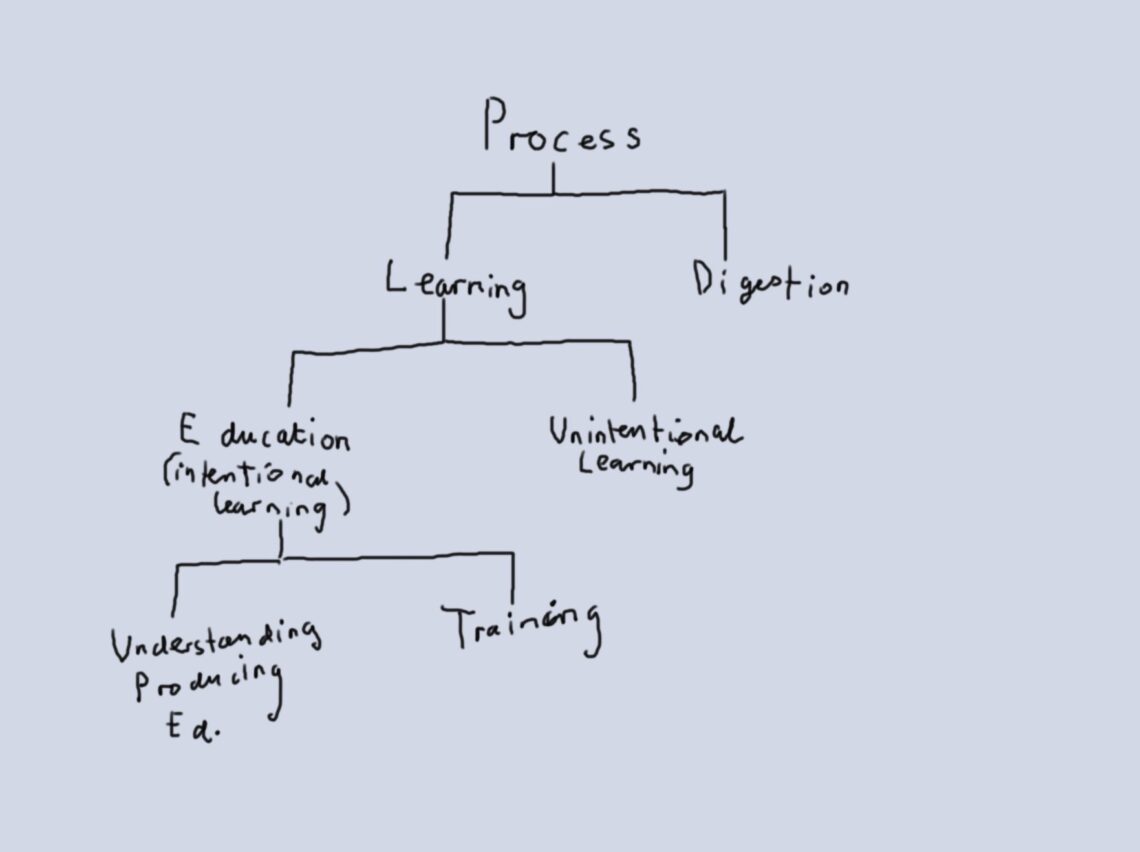In a recent post, I described replacement epistemology, the project of replacing traditional questions such as justification for beliefs with psychology and sociology. Recently, I came across an article by Dr. Natalie Ashton, a philosopher at the University of Stirling who specializes in epistemology. The title of the article was “Why Twitter is (Epistemically) Better than Facebook.” But the article swaps epistemology for psychology. Consider the following paragraph: “Most of us know the tense, jarring feeling that comes with encountering a view very different than our own. In his book The Epistemology of Resistance, José Medina calls this feeling epistemic friction, because while it’s challenging, it can also be productive. Rub your…
-
-
Black Swans and the Problem of Evil
I admit, I haven’t read anything by Nassim Nicholas Taleb. I’ve only watched a couple of videos about him. Nonetheless, some of basic ideas of his are fairly easy to grasp second hand. For example, apparently Taleb compares top-down controlled organizations with those that are more laissez-fare. According to Taleb, the motivation for upping control is fairly sensible. The more control, the less risk. However, the problem with more control is that a system will be unable to cope with black swan events, unpredictable events that can cause wide-scale rupture to a system. Less centrally controlled systems are much more volatile as a matter of course but cope more easily…
-
Single Meaning View
Does a literary work have one meaning or multiple meanings? Here is an argument in support of a singular view given by William Ames in 1629: “There is one meaning for every place in Scripture. Otherwise the meaning of scripture would not only be unclear and uncertain, but there would be no meaning at all–for anything which does not mean one thing surely means nothing.” (William Ames, 1629) This argument leaves much unsaid. What makes it the case that possessing any meaning, a text must possess only one meaning? How might the argument be elaborated? The argument for the singular meaning view has been elaborated by various philosophers and, with…
-
Names and Doctrines
A recent member of philosophy twitter invited responses to the following: “name a widely held philosophical doctrine that you’ve never found in the slightest degree plausible.” The writer named utilitarianism. Another responder said, ‘philosophy of language.’ Something can be implausible (or plausible) only if it can believed. A doctrine is a statement (or set of statements) with a subject and assertions about it. We have doctrines of various things. One might have a doctrine of what makes actions right or wrong, or a doctrine of the Trinity. To provide a name for something that can be plausible or implausible one must name a doctrine. As far as I can tell,…
-
Concepts in Ed.
I have started re-reading George R. Knight’s book, Philosophy and Education: An Introduction in Christian Perspective. I am reading it with a student from one of my classes. It is an excellent book. I wish you could all join our little group, so I thought I’d post some of our discussions for your reading pleasure. In the first chapter, Knight analyses some key concepts in education – learning, education, and training. Here are his analyses in my own words based on what my student and I discussed: If I burn my hand in the fire, I learn not to put my hand in the fire again. Learning like this happens…
-
Feinberg on Grace and Justice
This semester, I have assigned and read out loud the following passage from John Feinberg’s book, Where is God? The book is about Dr. Feinberg’s experiences of suffering. His wife was diagnosed with Huntingdon’s, an incurable and horrible disease. The question he deals with in the passage below is not limited to those who suffer. It is a question for any Christian. What precisely is the relationship between justice and grace? “…something was still wrong. There seemed to be a basic unfairness about our situation. Put simply, why was this happening to us, and not also to other people? Wasn’t it unjust of God to ask us to bear this…
-
Doctrine, Devotion, and Duty
If I say, “I know God,” I am telling you that I am personally acquainted with him. If I say, “I know that God is omnipotent,” I am telling you that I have good reason to believe that the proposition expressed in that sentence is true. If I say, “I am obeying the command to love God by obeying his command to serve others,” I am telling you something about my activities. I am telling you about an obligation to perform an action and the fact that I am meeting it. All three of these aspects relate to one another in crucial ways. For example, I can’t have a personal…
-
Logic and Interpretation
Interpretation requires the use of logic.







